The Best True Crime Series on Max
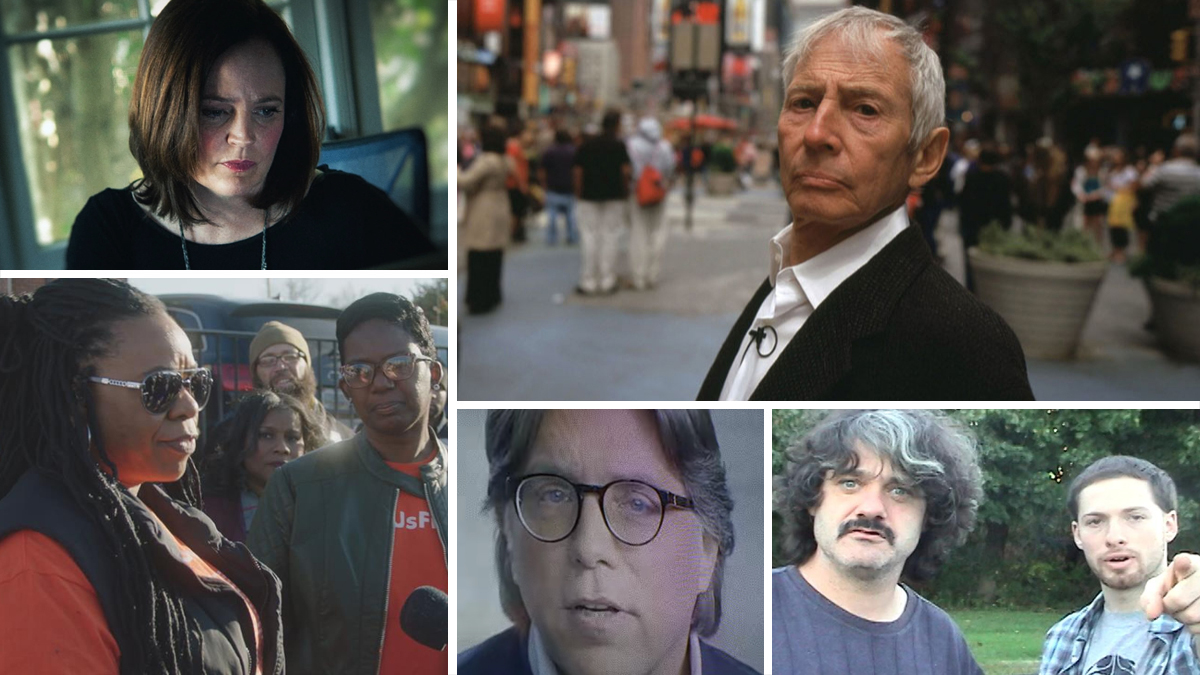
In addition to its impressive catalog of true crime documentaries, Max has some of the best—and best-produced—docuseries chronicling both notorious and lesser-known subjects of the genre.
For the sake of simplicity and quality control, this guide to the best true crime shows on Max doesn’t include titles from Investigation Discovery, which takes a blatantly sensationalist approach to its true crime content. HBO has a long history of producing crime docs and series that predates the streaming era and the onslaught of quickly manufactured content that’s turned much of the true crime genre into the fast-fashion of media.
Keep scrolling for our guide to the best true crime shows on Max right now—and for more recs, check out our streaming guides, including the best horror movies on Max, the best anime on Hulu, and more.
Allen v. Farrow (2021)
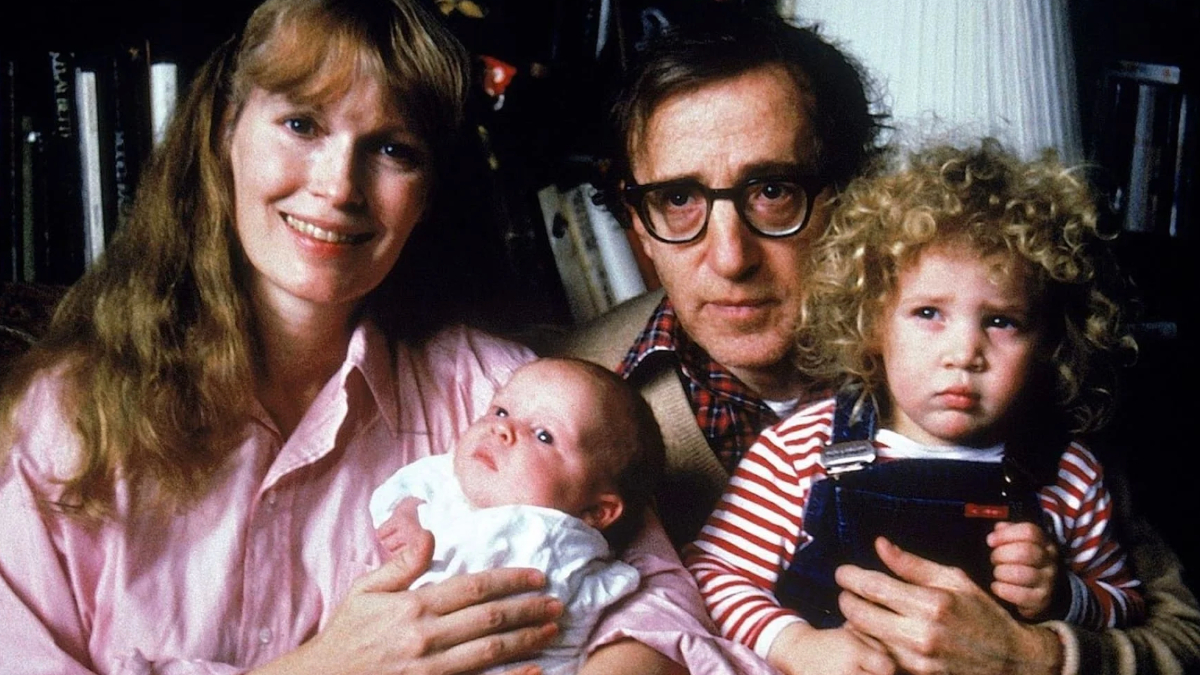
In this four-part docuseries from Kirby Dick and Amy Ziering (On the Record), Dylan Farrow recounts her childhood and the alleged sexual abuse she suffered at the hands of her adoptive father, filmmaker Woody Allen. Allen v. Farrow is unsparing and deeply empathetic, tracking Farrow’s life in the shadow of immense trauma and her emergence to reclaim her story from the media.
Black and Missing (2021)
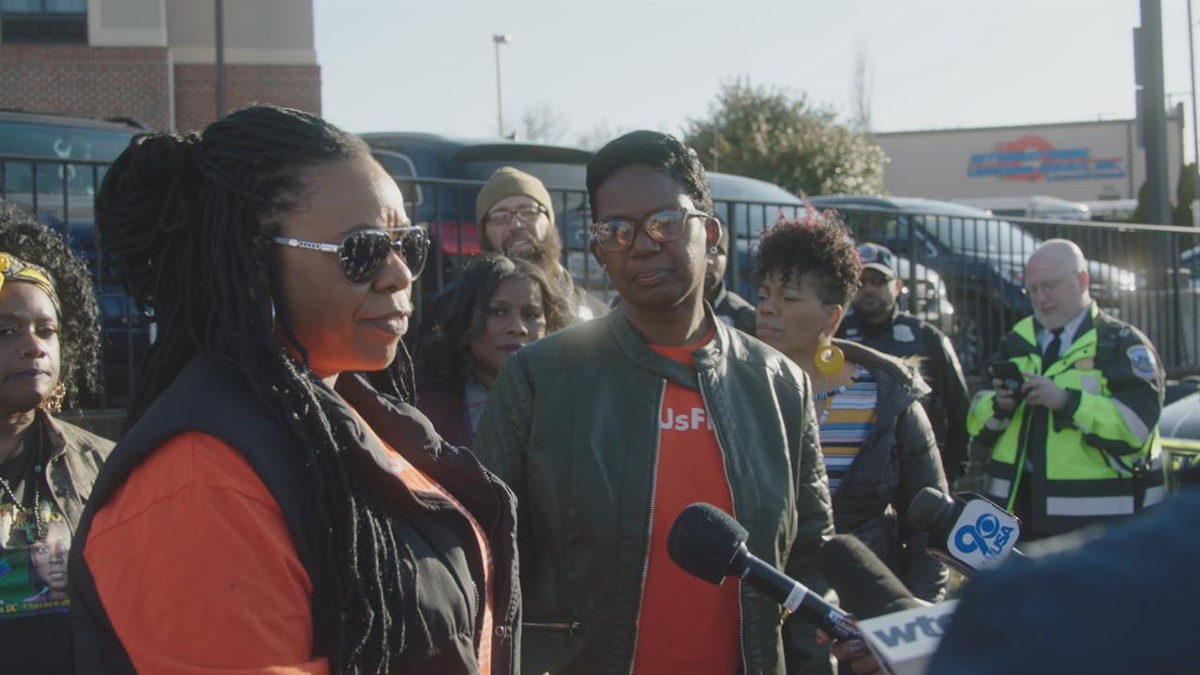
Black and Missing follows Derrica Wilson, a former law enforcement officer, and her sister-in-law Natalie—co-founders of the Black and Missing Foundation and two women who have made it their mission to help families search for their missing loved ones. Produced by Soledad O’Brien and directed by Geeta Gandbhir (who previously edited Spike Lee’s If God Is Willing and Da Creek Don’t Rise), this four-part docuseries examines systemic inequalities in law enforcement and the media’s coverage of crime, both of which play a significant part in the startling statistic at the root of the series: When Black people go missing, their cases remain unsolved four times longer than those of missing white people.
I Love You, Now Die: The Commonwealth v. Michelle Carter (2019)
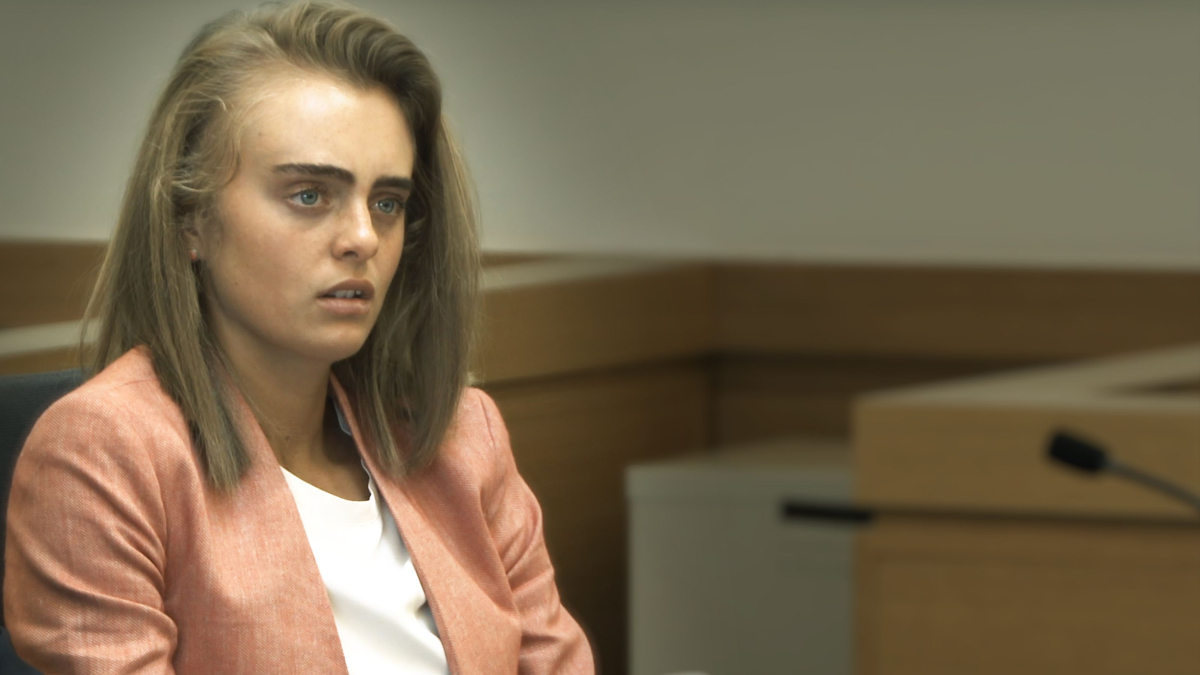
Directed by Erin Lee Carr (Mommy Dead and Dearest), I Love You, Now Die cuts through the gristle of the media’s sensationalist coverage of the Michelle Carter case: In 2014, 18-year-old Conrad Roy was found dead of an apparent suicide. Searching his belongings, police discovered an extensive history of text messages between Roy and his girlfriend, Michelle Carter, who encouraged a depressed Roy to take his own life. Carter was subsequently arrested and charged with involuntary manslaughter, raising questions about autonomy, mental illness, and personal responsibility. As she did with Mommy Dead and Dearest, Carr crucially employs nuance to examine the complexities of her subjects, viewing them as people instead of characters in a headline.
I’ll Be Gone in the Dark (2020)
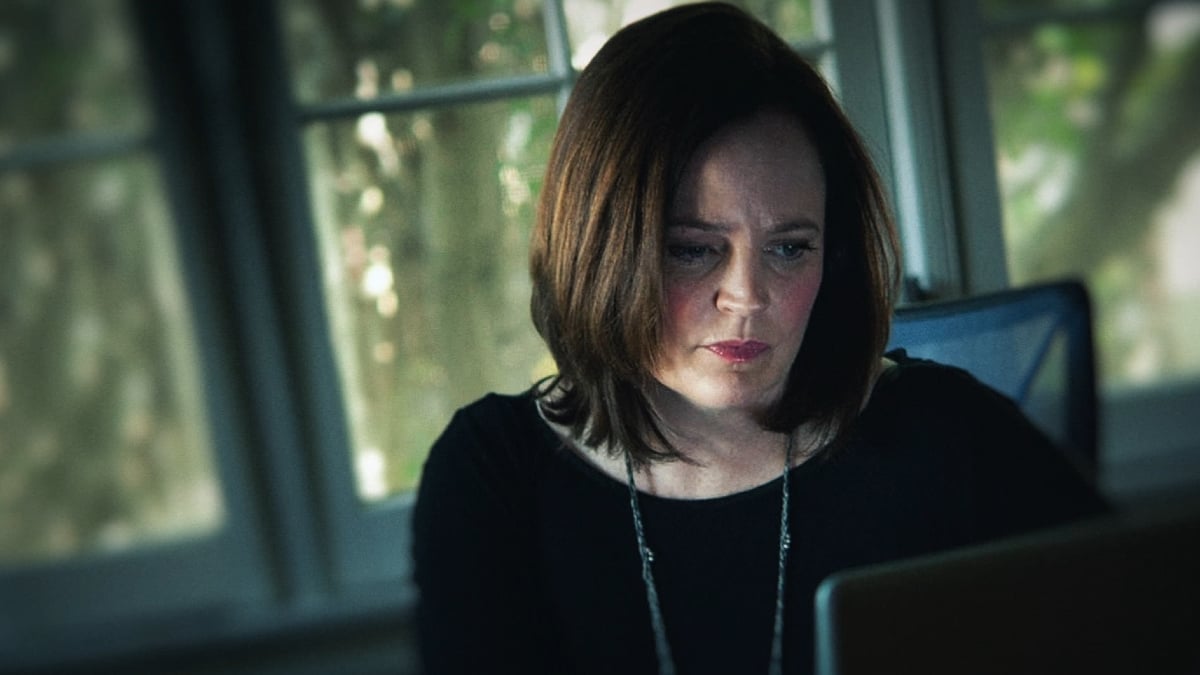
Based on Michelle McNamara’s book of the same name, I’ll Be Gone in the Dark smartly intertwines narratives: There’s the fascinating case of the Golden State Killer, a notorious serial rapist and murderer who terrorized California in the ’70s and ’80s, and the metanarrative of McNamara herself, who became obsessed with helping to solve the case and bring justice to the killer’s victims. McNamara died suddenly before she completed work on her book, and I’ll Be Gone in the Dark features archival material and interviews with her loved ones.
Leaving Neverland (2019)
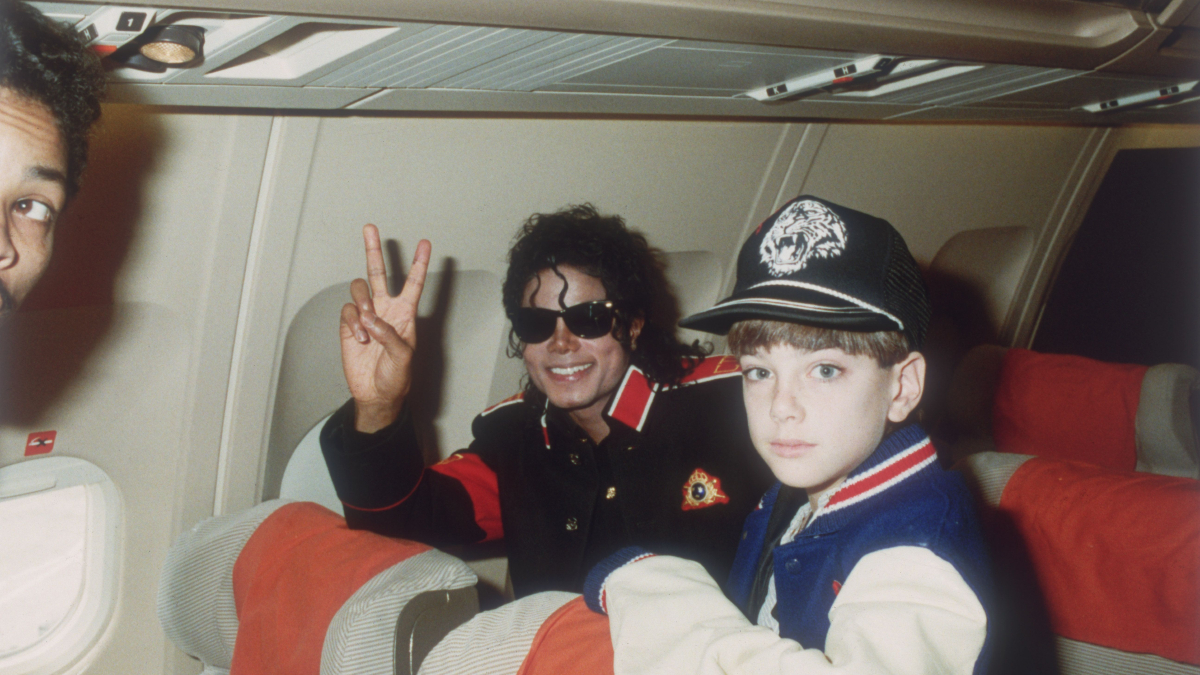
When it premiered at the Sundance Film Festival, Leaving Neverland was screened in its entirety. I cannot imagine watching a nearly four-hour documentary about Michael Jackson’s alleged child sexual abuse. The doc, which was split into two parts for release on HBO, features extensive interviews with Wade Robson and James Safechuck, both of whom recall—in harrowing detail—the protracted abuse they endured as children, when Michael Jackson befriended the boys and their families. Leaving Neverland is a rough watch, but a necessary one.
Love Has Won: The Cult of Mother God (2023)
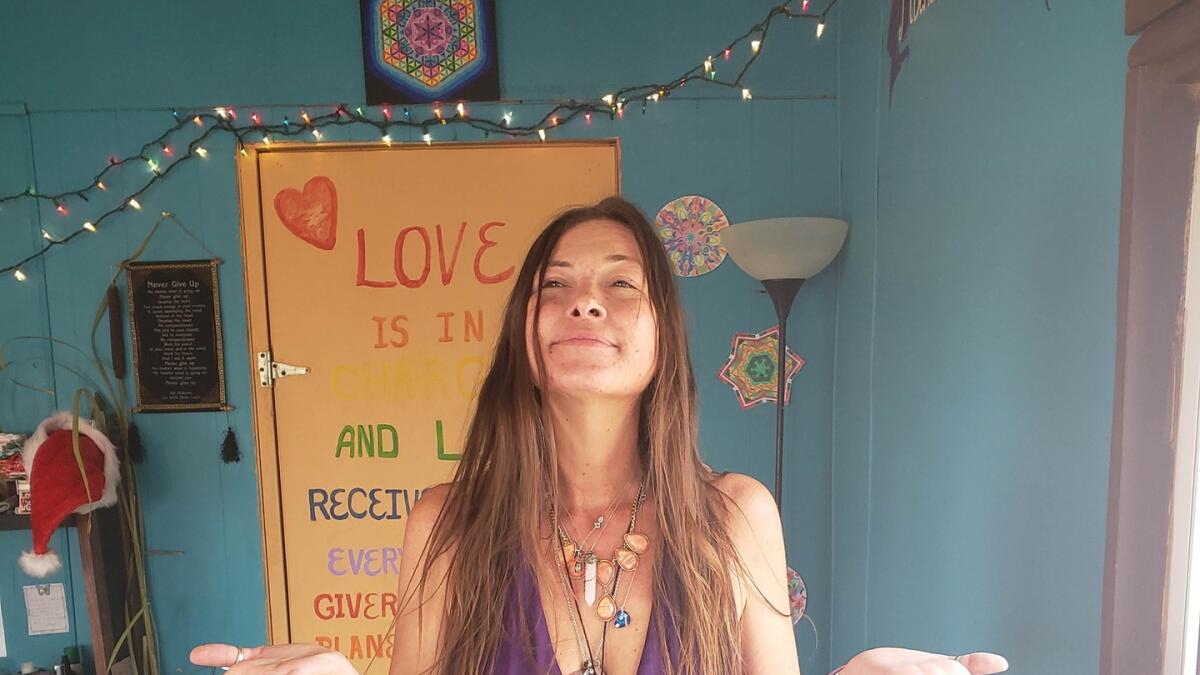
Months after its premiere, I’m still considering Love Has Won: The Cult of Mother God. Produced by Josh and Benny Safdie, Hannah Olson’s three-part series explores the New Age-y cult Love Has Won and its troubled leader, Amy Carlson, whose mummified corpse was discovered in a home in Colorado in 2021. Olson approaches her subjects with curiosity rather than judgment, inviting the viewer to come to their own conclusions about Carlson—a woman who slapped together a religion and built a community around herself as she gave in to her addictions, seemingly unable to confront or cope with the shadows lurking in her past.
McMillions (2020)
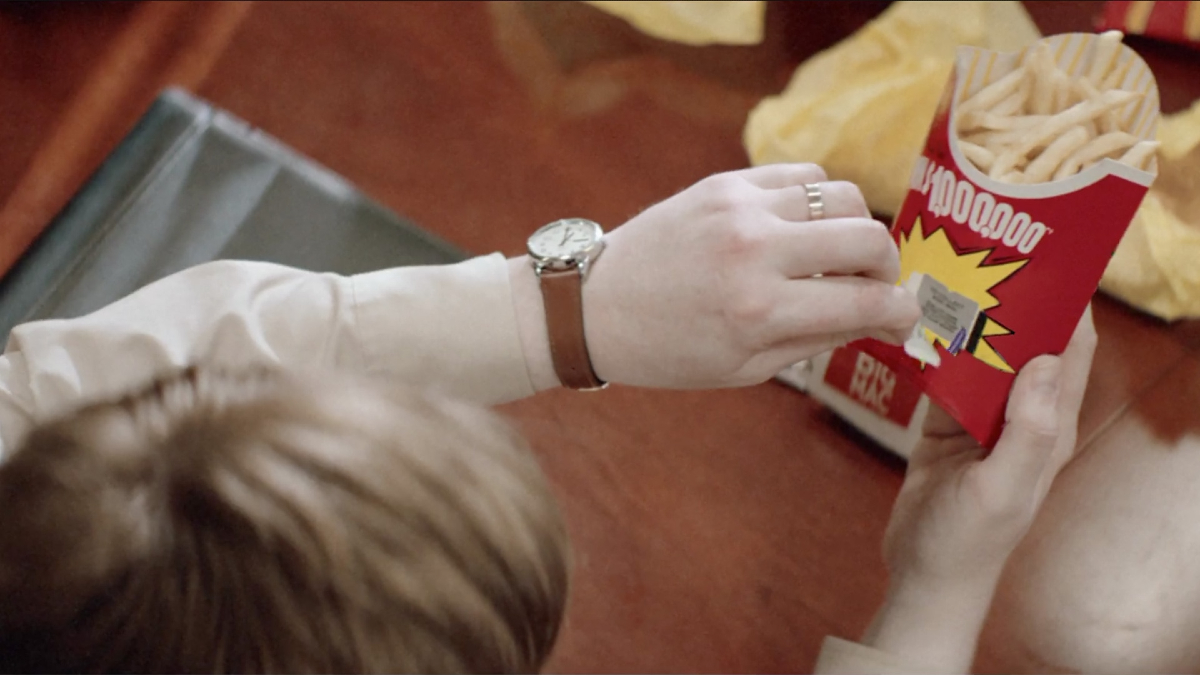
Many of the titles on this list are, let’s be real, a total bummer. That is definitely not the case with McMillions, a riveting and wildly entertaining six-part series about a security guard who figured out how to rig McDonald’s popular annual Monopoly game. Over the course of a decade, the con-man known as “Uncle Jerry” and his cohorts ripped off the McDonald’s corporation and nabbed millions of dollars. With a cast of memorable characters and a scheme to defraud one of the biggest, most successful corporations in the world, McMillions is a true crime series you can (mostly) feel good about watching.
Mind Over Murder (2022)
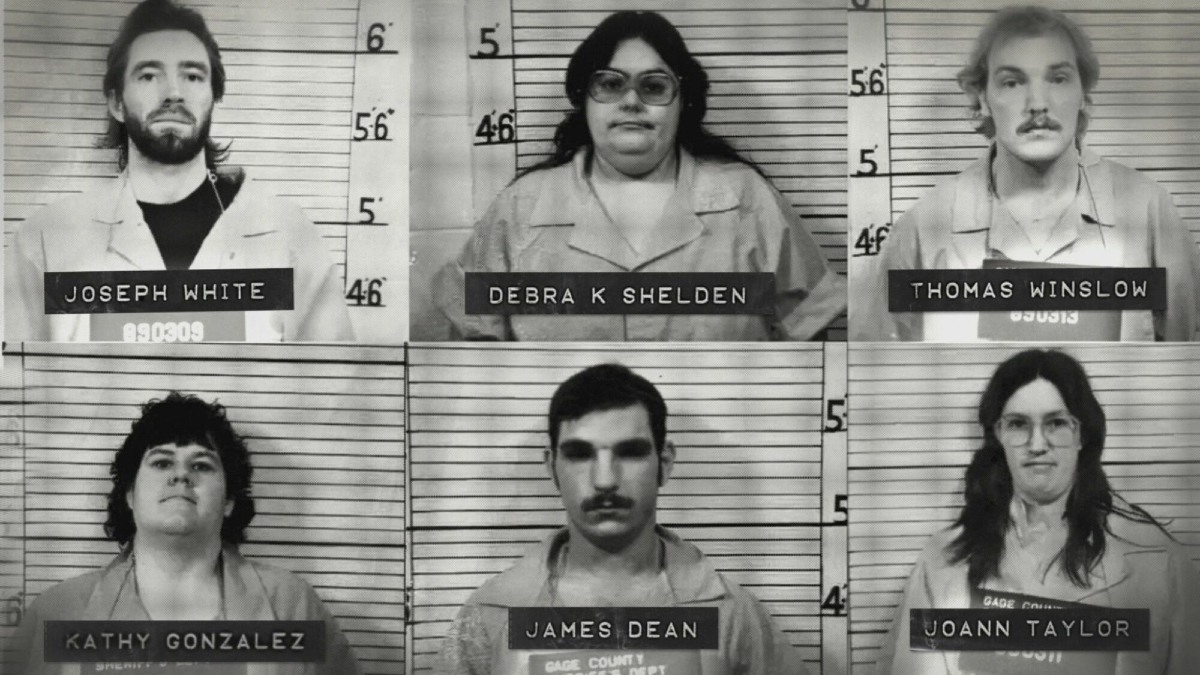
Directed by Nanfu Wang, Mind Over Murder is a fascinating and challenging story that begins with the 1985 murder of 68-year-old Helen Wilson. A group of six people, known as the “Beatrice Six” were convicted and sentenced to prison for their role in the murder. But in 2009, DNA evidence led to their exoneration—a verdict that Wilson’s family couldn’t accept. Over the course of six episodes, Wang excavates the startling complexities of this case and its impact on Wilson’s family, the six people convicted and exonerated in her murder, and the small town where it happened.
Murder in Boston: Roots, Rampage & Reckoning (2023)
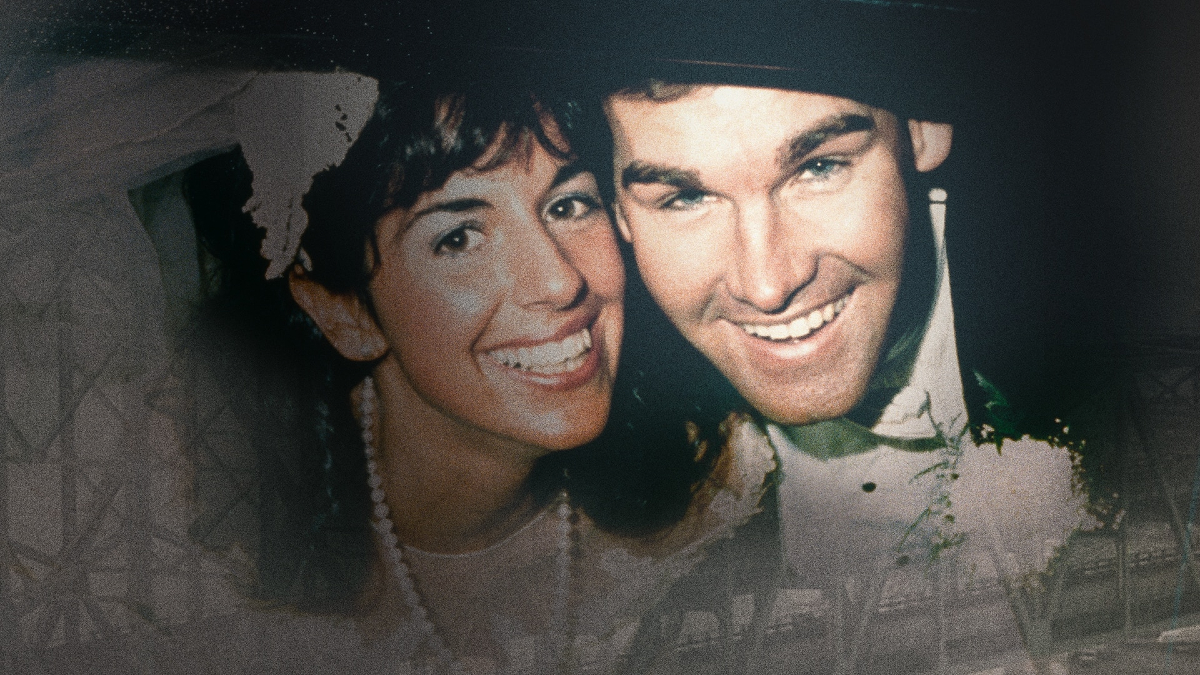
Jason Hehir’s three-part docuseries takes us to Boston in 1989, when Charles Stuart called 911 to report a crime: he and his pregnant wife, Carol, had been shot, and Carol was dead. Stuart said the man who shot them was Black; the Stuarts were white. Murder in Boston: Roots, Rampage & Reckoning revisits the crime that put Boston’s racial inequities on display and how Stuart’s false report exacerbated existing tensions.
Murder on Middle Beach (2020)

In 2010, Barbara Hamburg was found dead in the yard outside her Connecticut home. After nearly a decade without an arrest, her son, Madison, picks up a camera and takes it upon himself to figure out what happened. Murder on Middle Beach is the end result of Madison’s efforts, an impressive four-part docuseries that takes us inside the lives of a suburban family reeling from grief, the pyramid scheme that may or may not have had anything to do with Barbara’s murder, and the gnawing suspicions threatening to break her family apart.
Telemarketers (2023)

Telemarketers still feels like it should be a much bigger deal than it is, and not nearly enough people are talking about it. Co-directed by Adam Bhala Lough and Sam Lipman-Stern, Telemarketers centers on Lipman-Stern and his co-worker, Patrick Pespas, and their years-long effort to expose their former employers—a telemarketing company that scams victims out of money under the guise of raising funds for firefighters and police charities. At first glance, you might think Pat and Sam are a couple of Jersey scumbags spouting off a wild conspiracy theory, but they—Pat especially—are honest-to-goodness heroes. By the end of the three-part series, I was pumping my fist in the air and pledging my allegiance to Patrick J. Pespas, a man who must be protected at all costs.
The Jinx (2015)
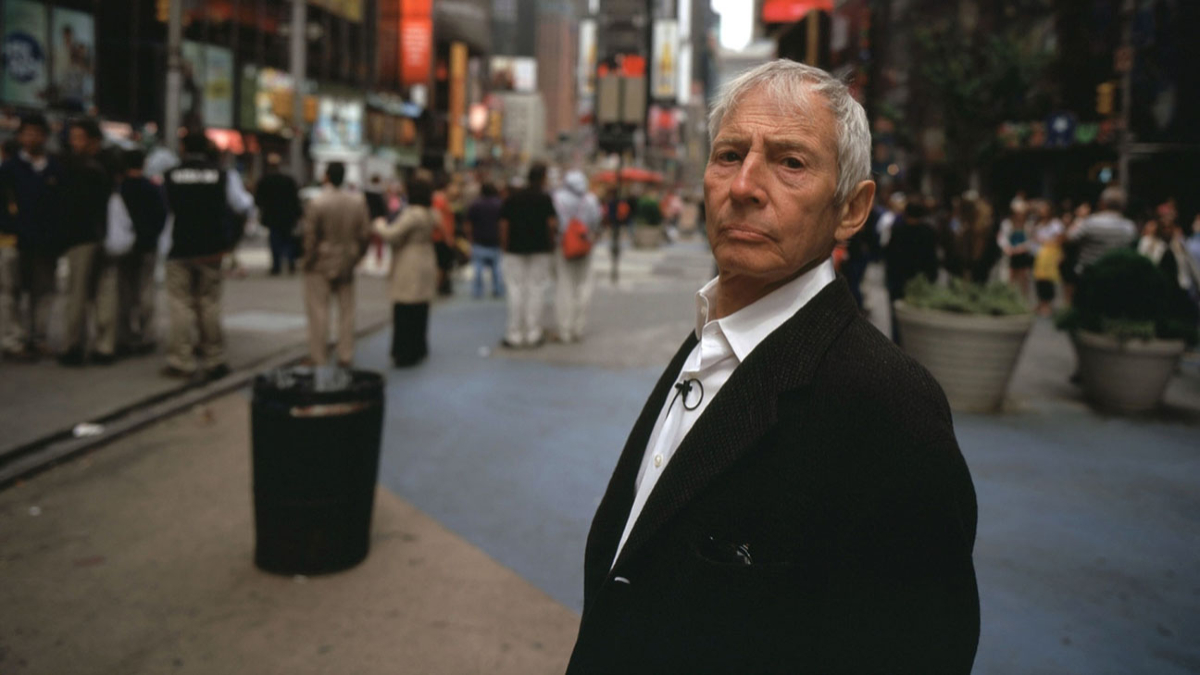
As of this writing, it’s too early to know if The Jinx Part Two is a worthy follow-up to 2015’s The Jinx. The original six-episode docuseries concerns Robert Durst, the wealthy real estate heir who almost certainly murdered his wife, Kathie McCormick, who disappeared in 1982. And probably killed his best friend, Susan Berman, in 2000. And then killed his neighbor, Morris Black, in 2001. Durst contacted director Andrew Jarecki after seeing his narrative film, All Good Things, and admiring how he was depicted in it (Ryan Gosling plays a younger Durst—as if). Jarecki exploited that relationship to dig deeper into Durst’s psyche, hoping to find out what really happened to all these people in Durst’s life who mysteriously wound up dead.
The Vow (2020)
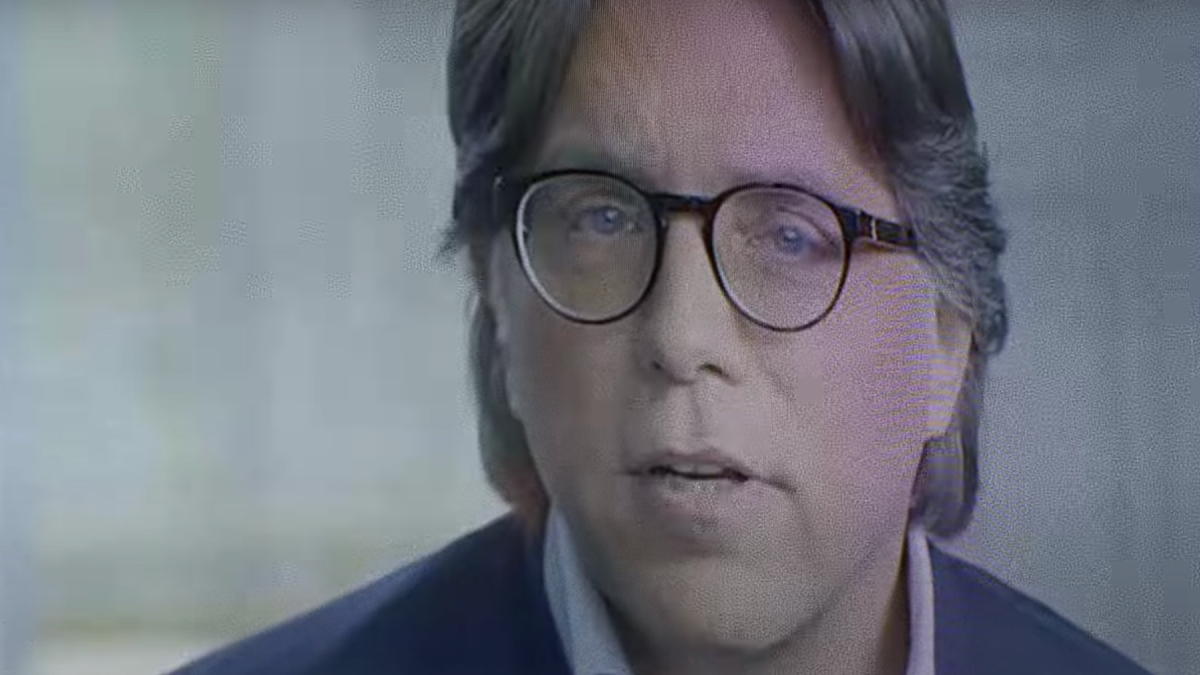
Speaking of two-parters: HBO’s follow-up to The Vow was an interesting epilogue, but not nearly as engrossing as the original nine-episode docuseries. Directed by Jehane Noujaim (who was once recruited by a member) and Karim Amer, The Vow follows former members of NXIVM, a group that promised to help members devoted to self-improvement. Leader Keith Raniere styled himself as a revolutionary modern guru and manipulated a sect of female followers into creating a subgroup devoted solely to Raniere and his abusive whims. The Vow is not without flaw; some of the former NXIVM members who participate in the doc avoid taking accountability for the part they played in the cult, but the access they grant is crucial to uncovering the depth of Raniere’s depravity.
(featured image: HBO)
Have a tip we should know? [email protected]
